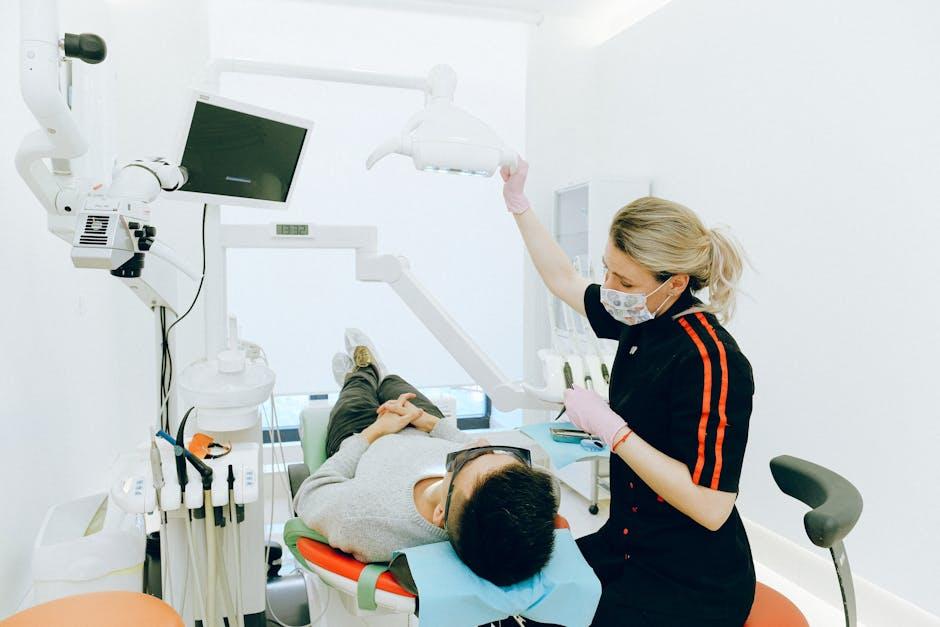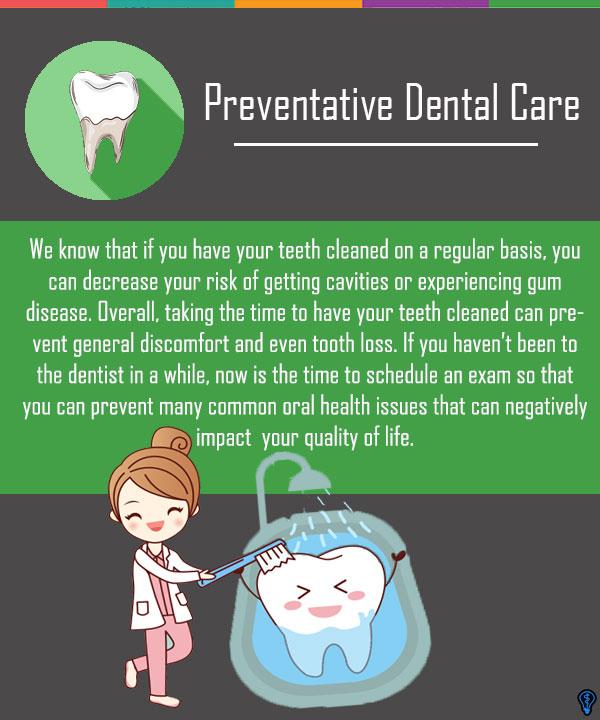In the intricate tapestry of healthcare, where the threads of prevention and treatment are interwoven, one question emerges with increasing urgency: should preventive dental care be enveloped within the protective fabric of general health insurance? As we navigate the complex landscape of modern medicine, this query invites us to explore the intersections of oral health and overall well-being. In this article, we delve into the nuanced arguments surrounding the inclusion of preventive dental care in health insurance policies, examining the potential benefits and challenges of such a paradigm shift. Join us as we unravel the intricacies of this debate, seeking to understand whether a brighter, healthier smile should be a guaranteed benefit of comprehensive healthcare coverage.
Exploring the Intersection of Dental and Medical Insurance
In the realm of healthcare coverage, the traditional separation between dental and medical insurance often leaves many questioning the logic behind it. Preventive dental care, such as regular cleanings and check-ups, plays a crucial role in maintaining overall health, yet it is frequently relegated to a different insurance category. The question arises: should these preventive measures be embraced under general health insurance policies? Understanding the interconnectedness of oral health and general well-being is vital, as studies have shown links between poor oral hygiene and systemic conditions like heart disease, diabetes, and even certain cancers. This connection underscores the importance of integrating dental care into broader health strategies.
Benefits of including preventive dental care in general health insurance:
- Improved overall health outcomes by addressing potential systemic health issues early.
- Reduction in healthcare costs by preventing complex and costly treatments in the future.
- Enhanced accessibility for individuals who might otherwise forgo necessary dental visits due to cost concerns.
The integration of dental and medical insurance could foster a more holistic approach to health, emphasizing the prevention of disease rather than merely treating its symptoms. Such a shift would not only benefit individuals but could also lead to a more efficient healthcare system.
The Economic Impact of Including Dental Care in Health Coverage
Integrating dental care into general health insurance can lead to significant economic benefits for both individuals and society. By covering preventive dental care, insurance plans can help mitigate the high costs associated with dental emergencies and advanced treatments. Preventive care includes regular check-ups, cleanings, and early interventions, which can drastically reduce the incidence of more serious conditions that require costly procedures. As a result, individuals can maintain better oral health, reducing the likelihood of taking time off work due to dental issues, thereby increasing overall productivity.
Moreover, including dental care in health coverage can have a ripple effect on the economy by improving public health outcomes. When people have access to regular dental care, the incidence of systemic health issues linked to poor oral health, such as heart disease and diabetes, can decrease. This can lead to a reduction in healthcare costs on a national scale. Some of the economic benefits include:
- Lower healthcare expenditures: Reducing the need for emergency care and complex treatments.
- Increased workforce productivity: Fewer workdays lost due to dental-related illnesses.
- Enhanced quality of life: Better oral health contributes to overall well-being and social confidence.

Understanding the Long-term Benefits of Preventive Dental Care
Preventive dental care extends beyond the immediate relief of pain or discomfort; it plays a crucial role in maintaining overall oral health and preventing complex dental issues in the future. Regular check-ups and cleanings can detect potential problems early, minimizing the need for extensive procedures that are often more invasive and costly. This approach not only supports dental health but also contributes to overall well-being, as poor oral health has been linked to systemic conditions such as heart disease and diabetes.
Here are some of the key long-term benefits of prioritizing preventive care:
- Cost Efficiency: Investing in regular maintenance can significantly reduce the likelihood of requiring expensive treatments.
- Enhanced Oral Health: Routine visits help in identifying and addressing dental issues before they escalate.
- Improved Quality of Life: Healthy teeth and gums contribute to better nutrition, clearer speech, and a more confident smile.

Recommendations for Integrating Dental Services into Health Insurance Plans
To effectively integrate dental services into health insurance plans, it’s crucial to focus on a few strategic recommendations. First, emphasize preventive care by ensuring that routine check-ups, cleanings, and fluoride treatments are covered. This approach not only encourages regular dental visits but also reduces long-term healthcare costs by preventing more serious dental issues.
Additionally, insurance providers should consider creating comprehensive dental packages that align with existing medical plans, allowing for seamless integration. Key elements to include are:
- Coverage for basic procedures such as fillings and extractions.
- Options for orthodontic care, especially for younger patients.
- Inclusion of periodontal care to manage gum health.
Furthermore, by promoting educational initiatives about the importance of oral health, insurance companies can drive home the value of preventive dental care, creating a more informed and healthier client base.








